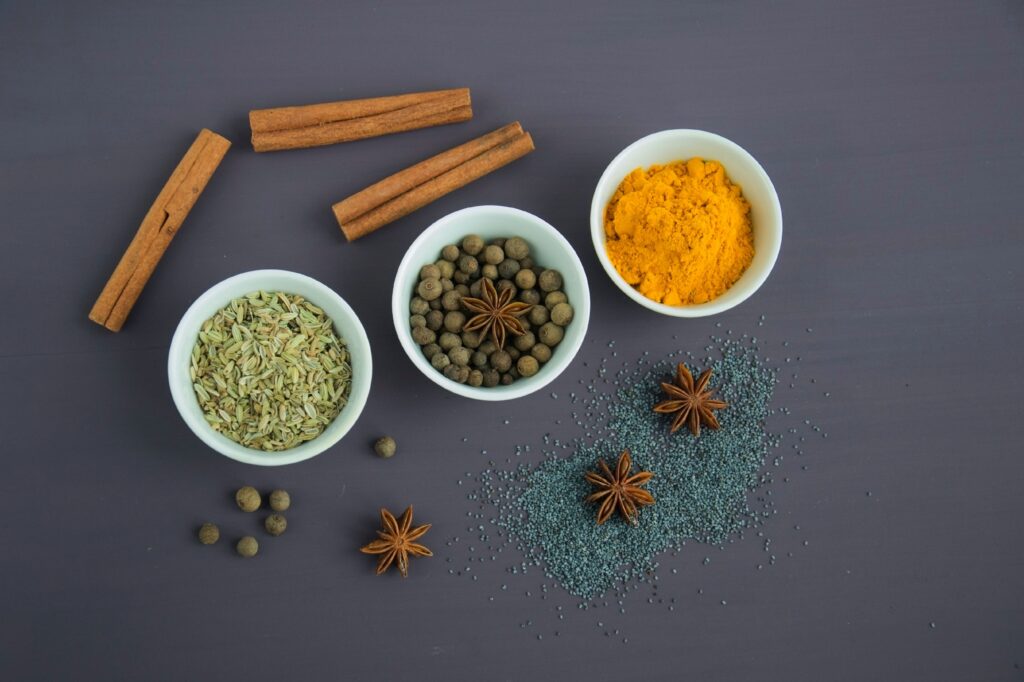In today’s fast-paced world, stress and depression have become increasingly prevalent. The good news is that what you eat can play a significant role in managing your mental health. Incorporating certain foods into your diet can help reduce stress and even prevent depression. In this article, we’ll explore six simple foods that you should start eating to promote a healthier mind.
1. Fatty Fish:
Fatty fish like salmon, mackerel, and trout are rich in omega-3 fatty acids. These essential fats have been linked to improved mood and reduced symptoms of depression. Omega-3s can help regulate neurotransmitters in the brain and reduce inflammation, which is often associated with mood disorders. Aim to include fatty fish in your diet at least twice a week for maximum benefits.
2. Leafy Greens:
Leafy greens such as spinach, kale, and Swiss chard are packed with nutrients, including folate. Folate is essential for the production of serotonin, a neurotransmitter that regulates mood. Low levels of folate have been linked to a higher risk of depression. By incorporating leafy greens into your meals, you can support your mental well-being.
3. Berries:
Berries, such as blueberries, strawberries, and raspberries, are not only delicious but also rich in antioxidants. Antioxidants help protect your brain from oxidative stress, which can contribute to the development of mood disorders. Berries are also a good source of vitamin C, which has been linked to lower stress levels.
4. Nuts and Seeds:
Nuts and seeds, including almonds, walnuts, flaxseeds, and chia seeds, are excellent sources of magnesium. Magnesium plays a crucial role in regulating the body’s stress response and has been associated with lower rates of depression. Incorporating a handful of nuts and seeds into your daily snacks or meals can be a simple way to boost your magnesium intake.
5. Whole Grains:
Whole grains like quinoa, brown rice, and oats are rich in complex carbohydrates. These carbohydrates can help stabilize blood sugar levels and provide a steady supply of energy to the brain. This stability in energy can help prevent mood swings and reduce stress. Choose whole grains over refined grains for maximum benefits.
6. Yogurt and Fermented Foods:
Probiotics, found in yogurt and fermented foods like kimchi and sauerkraut, promote a healthy gut microbiome. Emerging research suggests a strong connection between gut health and mental well-being. Probiotics may help reduce symptoms of depression and anxiety by promoting a balanced gut environment.
Conclusion:
While diet alone cannot replace professional treatment for stress and depression, incorporating these simple foods into your meals can be a valuable part of your mental health strategy. By nourishing your body with omega-3s, folate, antioxidants, magnesium, complex carbohydrates, and probiotics, you can take proactive steps to support your emotional well-being. Remember that a balanced diet, regular exercise, and seeking support from mental health professionals are essential components of a holistic approach to managing stress and preventing depression.

